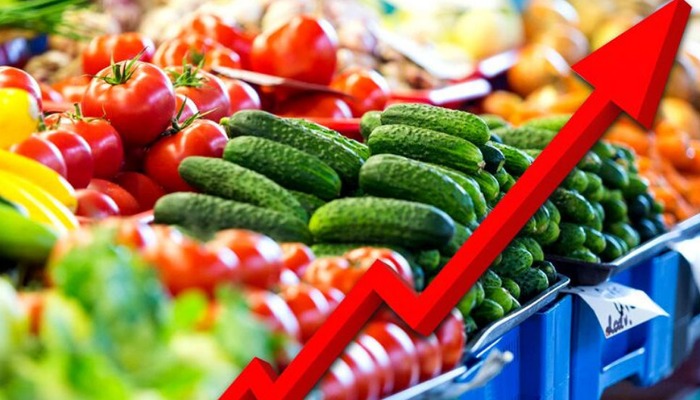Economic pressures persist as Nigerians remain hopeful that inflation will ease in six months.
Nigeria’s inflation rate increased to 34.60% in November 2024, reflecting a 0.72% rise from October’s rate of 33.88%, according to the Consumer Price Index (CPI) report released by the National Bureau of Statistics (NBS) on Monday.
This marks a significant year-on-year surge, as the November 2024 rate is 6.40 percentage points higher than the 28.20% recorded in November 2023.
The NBS report highlights food inflation as the primary driver of this increase. Food prices soared to 39.93%, compared to 32.84% in November last year. Staples such as yam, rice, maize, palm oil, fish, and dairy products saw sharp price hikes, further straining Nigerian households.
On a month-on-month basis, headline inflation recorded a marginal slowdown, standing at 2.638% in November compared to 2.640% in October. However, food inflation rose to 2.98% month-on-month, driven by persistent price increases in meat, fish, and rice.
Core inflation, which excludes food and energy, climbed to 28.75%, up from 22.38% in November 2023. Rising costs in transportation, housing, and personal services contributed to this increase.
Taxi fares, rents, and personal grooming services recorded the highest price surges.
Bauchi (46.21%), Kebbi (42.41%), and Anambra (40.48%) recorded the highest year-on-year inflation rates, while Delta (27.47%) and Benue (28.42%) reported the lowest. Similarly, Sokoto, Yobe, and Edo led year-on-year food inflation with rates of 51.30%, 49.69%, and 47.77%, respectively.
Despite the persistent inflationary pressures, optimism remains. According to the Inflation Expectations Survey Report by the Central Bank of Nigeria (CBN), Nigerians expect inflation to decelerate in the next six months. Though high, businesses and households surveyed expressed confidence that current rates could ease with improved monetary measures.
Economic analysts have also projected a slight decline in December. Arthur Steven Asset Management Limited anticipates inflation could drop by 2% to settle at 34%, citing monetary tightening policies attracting investors to fixed-income markets.
Meanwhile, the CBN maintains its inflation target of 21.4%, a far stretch from the current rate. At its November Monetary Policy Committee meeting, the apex bank raised the benchmark interest rate to 27.50% to curb inflation.Nigeria’s Inflation Rises to 34.6% in November as Food Prices Surge



